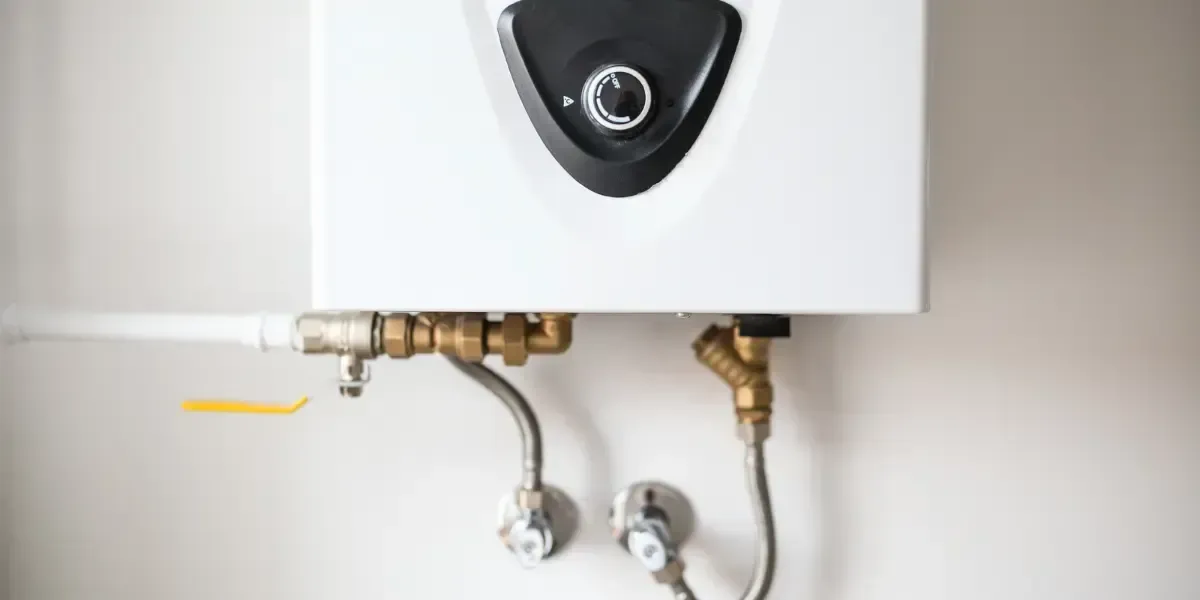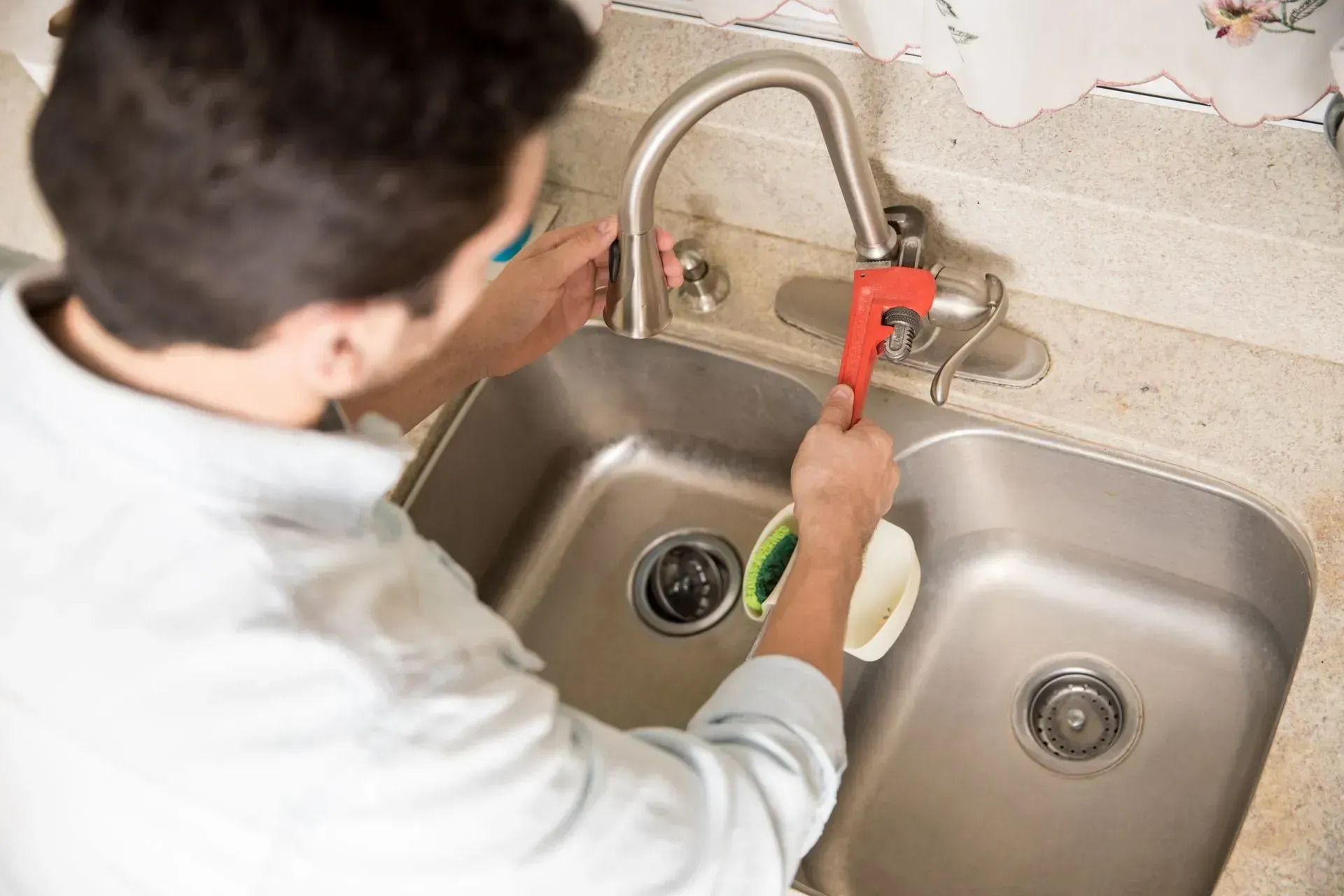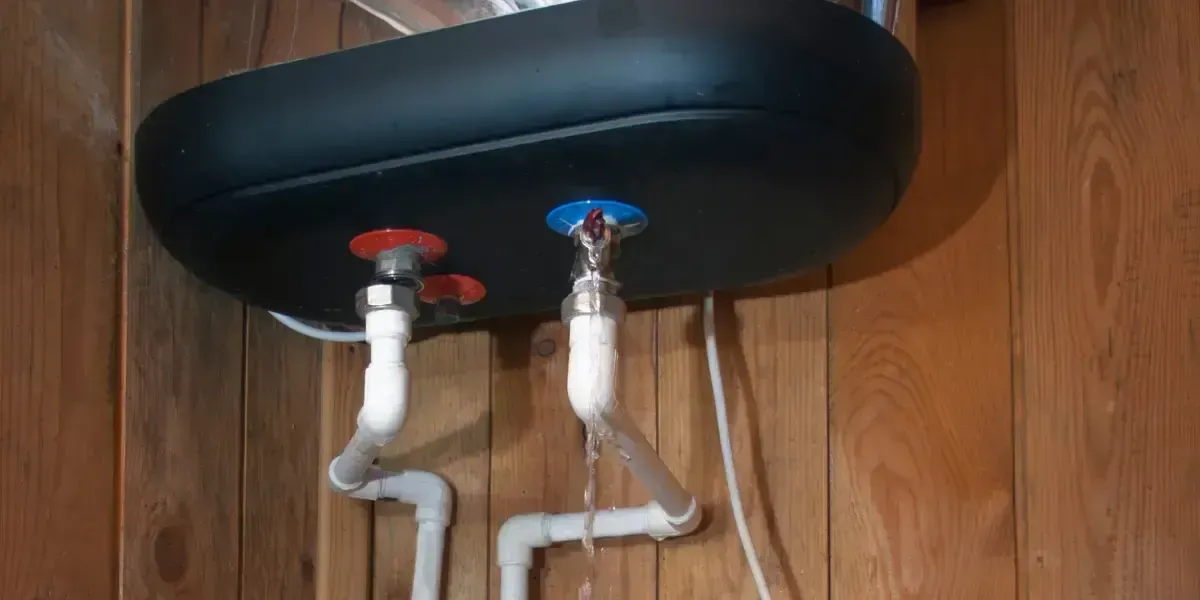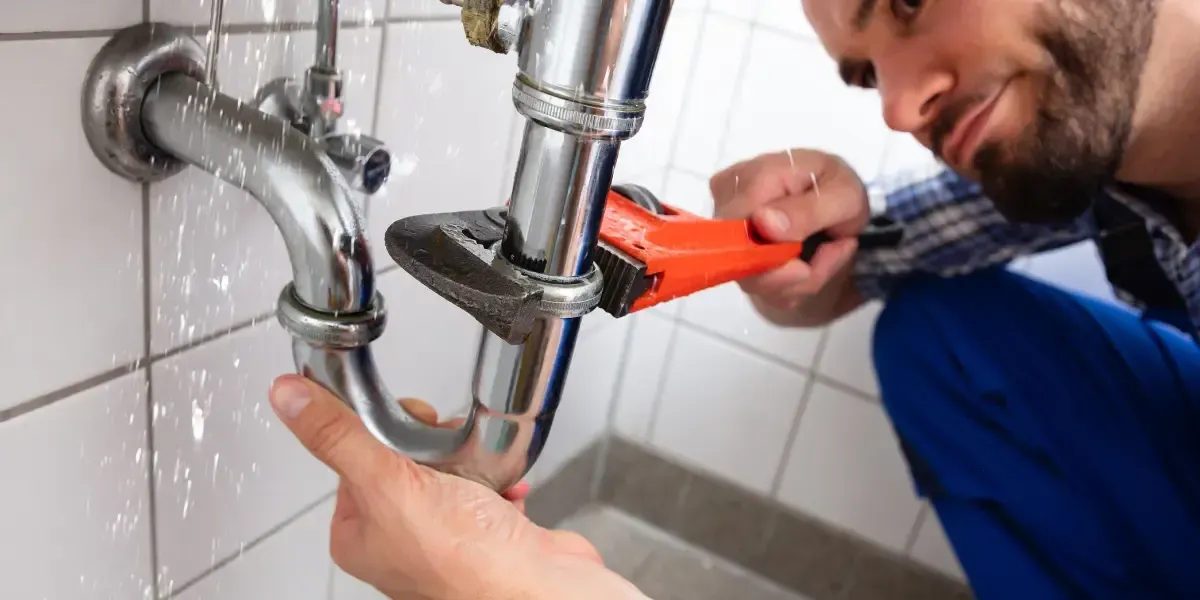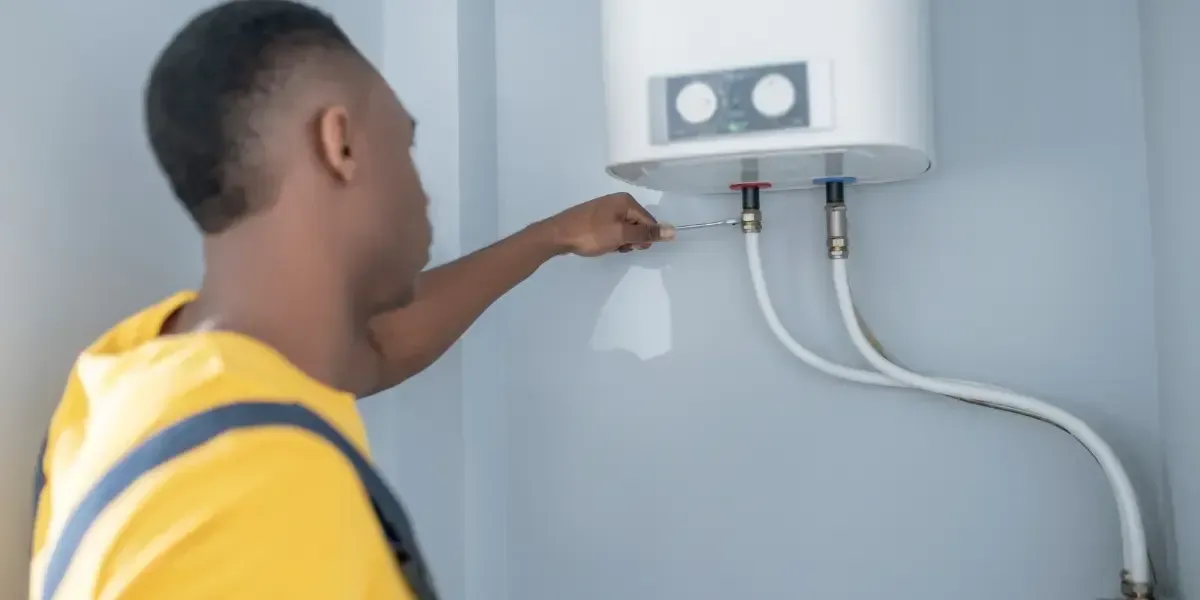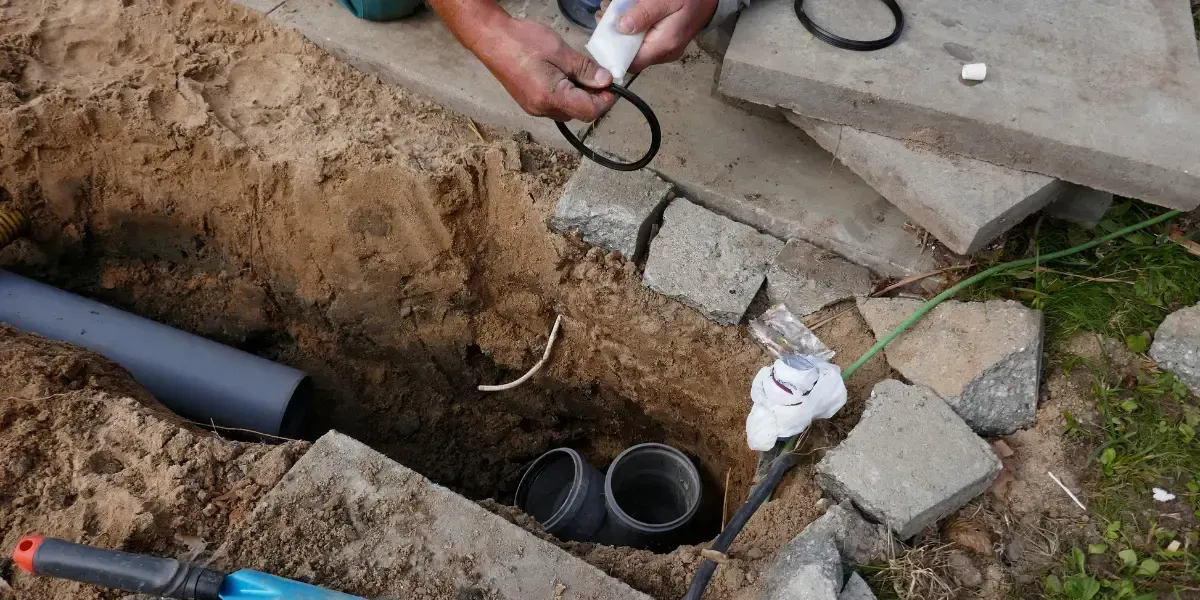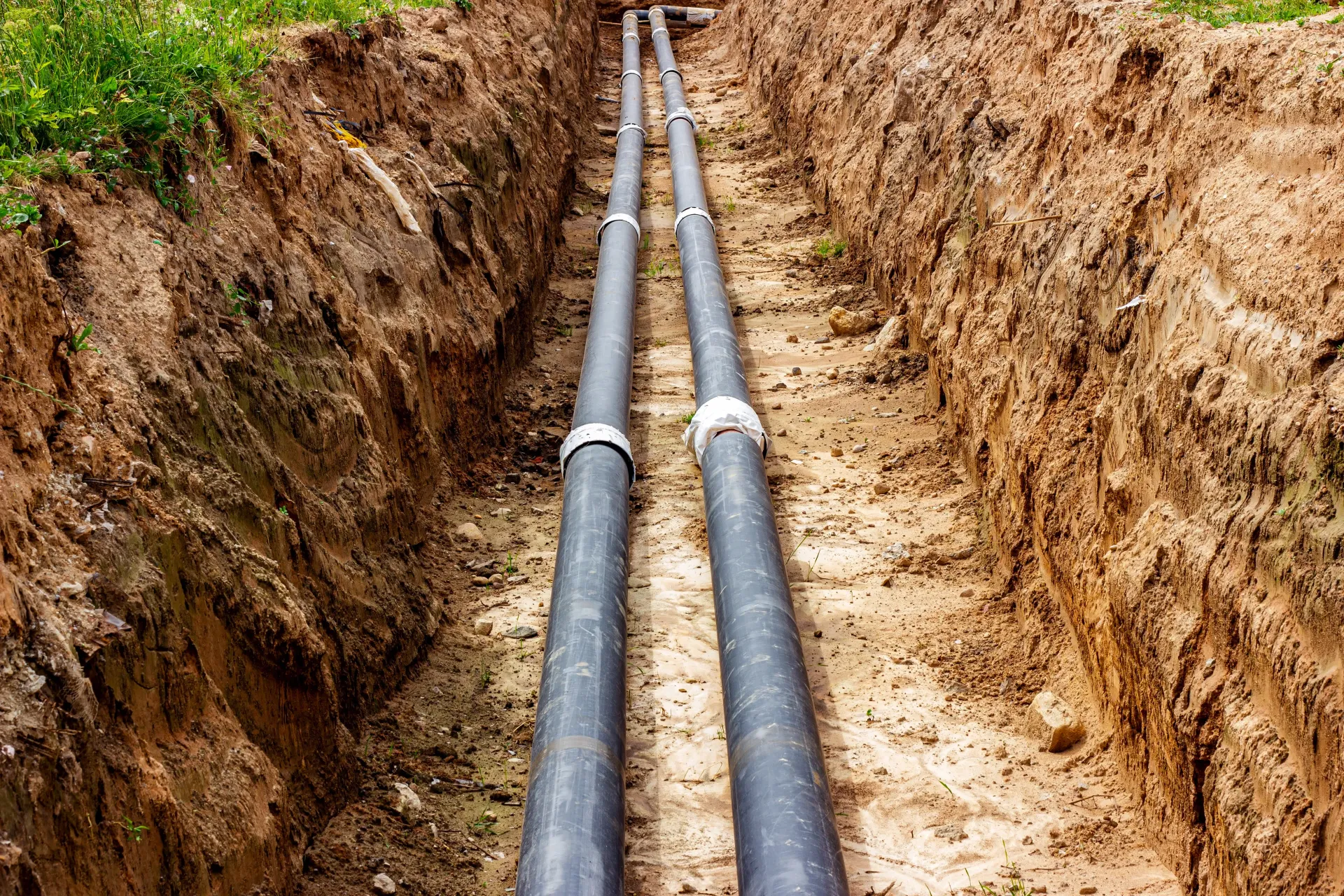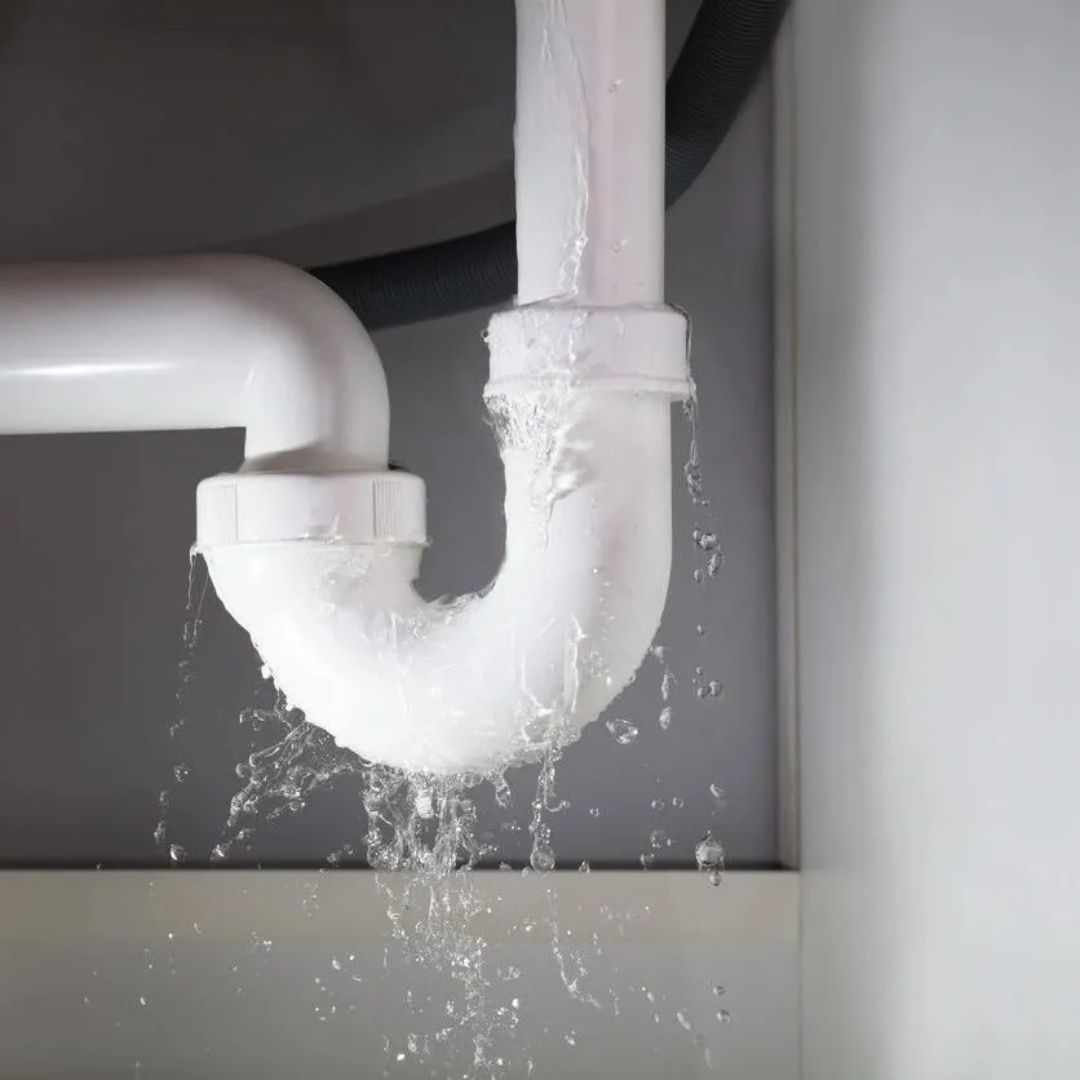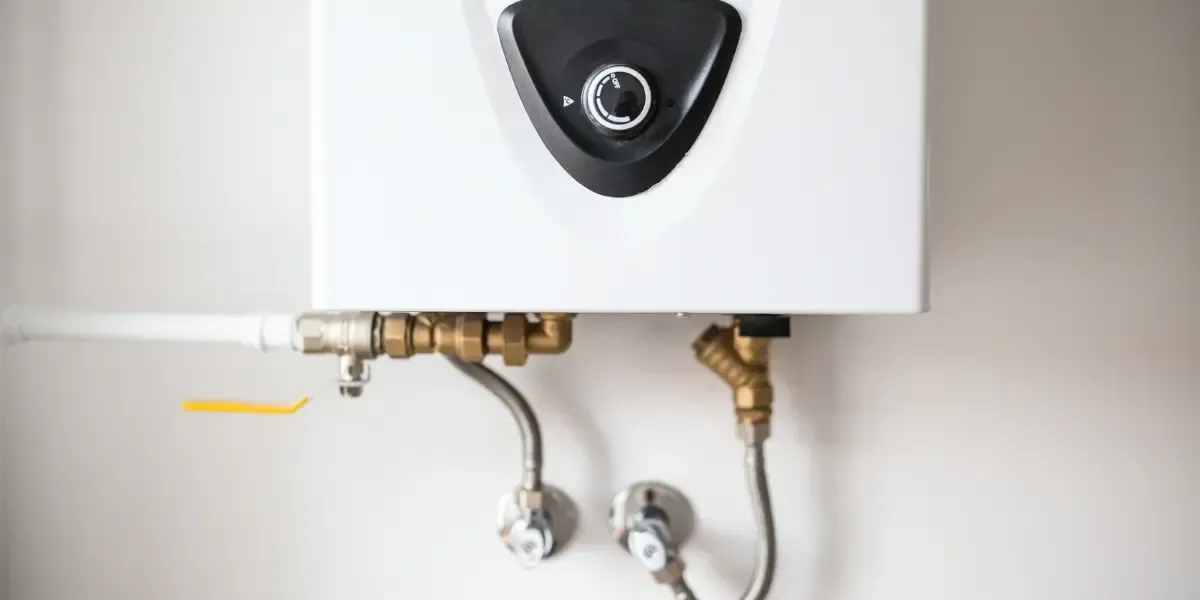How to Clean a Tankless Water Heater Like a Pro
Tankless water heaters are an energy-efficient way to provide hot water on demand, but like any home appliance, they require regular maintenance to perform at their best. Over time, mineral buildup—especially in homes with hard water—can clog the unit, reduce efficiency, and even lead to costly repairs. Learning how to clean a tankless water heater properly will ensure your unit remains in peak condition for years to come.
In this guide, we’ll walk you through the step-by-step process of how to clean your tankless water heater like a pro. Whether you choose to do it yourself or hire a professional service like Mike’s Plumbing and Rooter Service, regular maintenance is key to preventing performance issues and extending the lifespan of your unit.
Key Takeaways
- Regular maintenance and descaling prevent efficiency loss and potential damage to your tankless water heater.
- Using white vinegar is a safe and effective way to remove mineral buildup inside the unit.
- Cleaning your unit annually is recommended, but homes with hard water may need more frequent maintenance.
- Professional maintenance ensures a thorough inspection, preventing issues before they escalate.
- Following a systematic cleaning process can improve your unit’s performance and prolong its lifespan.
Why Regular Maintenance Matters
Tankless water heaters don’t store water like traditional models, but they can still experience mineral buildup inside their heat exchangers. This buildup, primarily from calcium and magnesium in hard water, reduces the heater's efficiency by blocking heat transfer. If left unchecked, the scaling can cause:
- Reduced hot water flow
- Fluctuating water temperatures
- Overheating and system shutdowns
- Increased energy costs
Regularly flushing and descaling your unit ensures consistent performance and minimizes the risk of costly repairs.
How to Clean a Tankless Water Heater
1. Gather Your Supplies
Before starting, make sure you have the following materials:
- 4 gallons of undiluted white vinegar (avoid chemical descalers that may damage your unit)
- A submersible pump
- 5-gallon bucket
- Two washing machine hoses
- Adjustable wrench
- Screwdriver
2. Turn Off the Power and Water Supply
For safety, power down your tankless water heater:
- If it’s an electric unit, turn off the circuit breaker.
- If it’s a gas unit, shut off the gas valve.
- Close the incoming and outgoing water supply valves to isolate the heater.
3. Connect the Flush Kit
- Attach one washing machine hose to the cold-water service port and connect it to the submersible pump.
- Attach the second hose to the hot-water service port and place its free end into the bucket.
- Position the pump inside the bucket, ensuring it will be submerged when vinegar is added.
4. Descale the Heater
- Pour 4 gallons of white vinegar into the bucket.
- Open the service valves and turn on the pump.
- Let the vinegar circulate through the system for at least 60 minutes to break down mineral deposits.
5. Rinse the System
- Turn off the pump and discard the used vinegar.
- Remove the hoses and close the service ports.
- Open the main water supply valves and flush fresh water through the unit for a few minutes.
6. Restore Power and Check Operation
- Close all valves and remove any remaining hoses.
- Turn on the power and/or gas supply.
- Run hot water through a faucet to ensure the system is functioning properly.
How Mike's Plumbing and Rooter Service Can Help You
While DIY maintenance is manageable, professional services offer more thorough inspections and ensure any hidden issues are detected early. Mike’s Plumbing and Rooter Service specializes in maintaining tankless water heaters, providing expert cleaning, descaling, and system inspections to keep your unit running efficiently.
Why You Should Choose Mike’s Plumbing and Rooter Service
- Experienced Professionals – Our team is highly trained in handling all types of tankless water heaters.
- Comprehensive Maintenance – We don’t just clean your unit; we also inspect it for potential issues that could lead to costly repairs.
- Safe and Effective Cleaning Methods – We use industry-approved techniques and descaling solutions to protect your unit.
- Convenient Scheduling – Our flexible appointment options allow you to schedule maintenance at a time that works for you.
- Customer Satisfaction Guarantee – We take pride in delivering quality service that meets your needs.
Conclusion
Regular maintenance of your tankless water heater is essential for ensuring efficiency, longevity, and optimal performance. By following this step-by-step guide or opting for professional maintenance from Mike’s Plumbing and Rooter Service, you can prevent unexpected breakdowns and keep your hot water flowing seamlessly.
If you need expert assistance, contact Mike’s Plumbing and Rooter Service today for professional tankless water heater maintenance!
Frequently Asked Questions
How often should I clean my tankless water heater?
It’s recommended to descale your unit annually. However, if you have hard water, you may need to clean it every 6 months.
Can I use commercial descalers instead of vinegar?
While some commercial descalers are safe, white vinegar is a natural and effective alternative that won’t harm your unit.
What happens if I don’t clean my tankless water heater?
Neglecting maintenance can lead to mineral buildup, reducing efficiency, increasing energy costs, and potentially causing system failure.
Do I need a professional to clean my water heater?
While you can clean your unit yourself, hiring a professional ensures a thorough inspection and early detection of potential issues.
Does hard water affect my tankless water heater?
Yes, hard water accelerates mineral buildup inside the heater, requiring more frequent cleaning and potential installation of a water softener.

